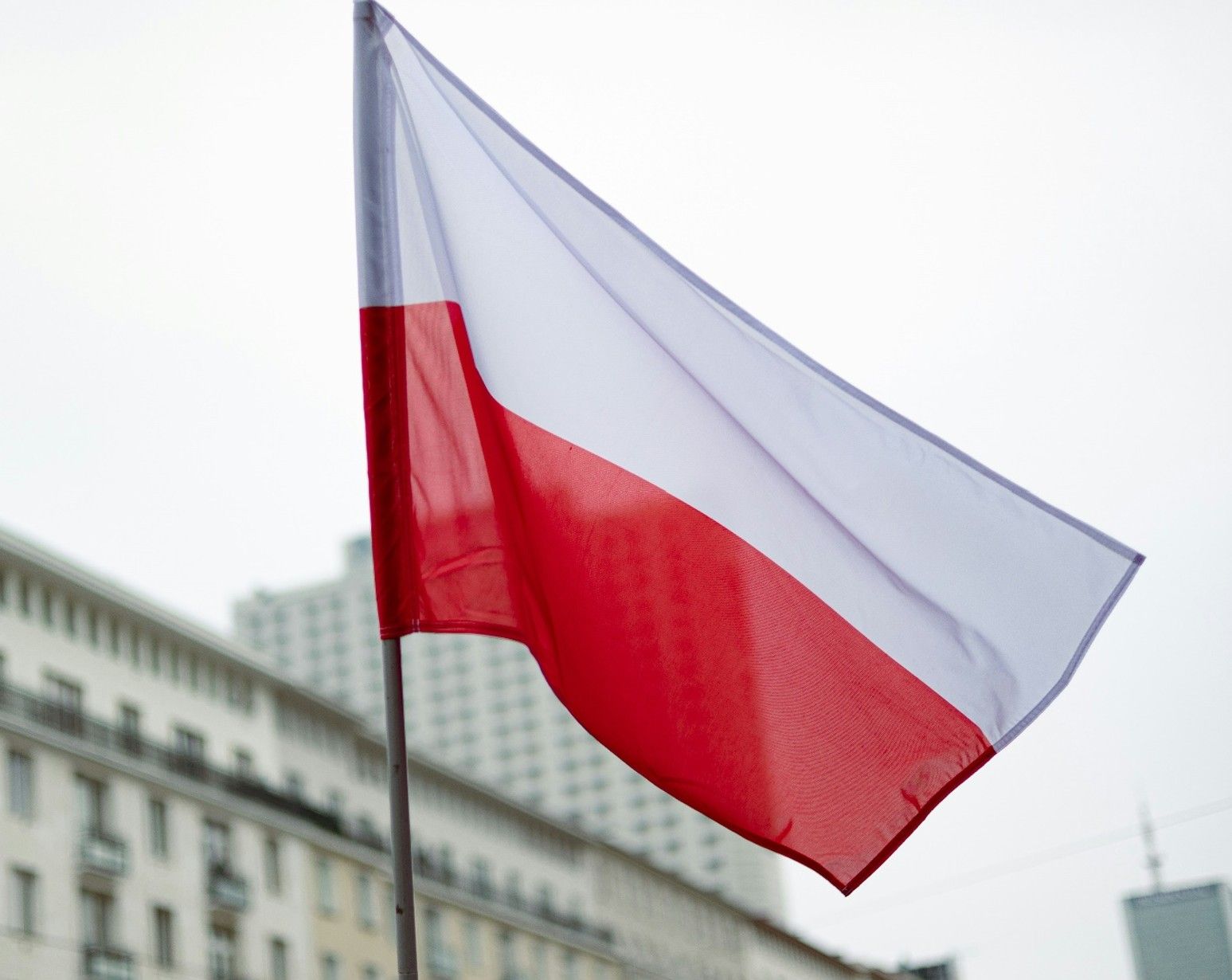
Political Risk, Week in Review
Spain: Government Cohesion Will be Tested
A general election held in July 2023 resulted in a significant seat gain for the main opposition PP and fewer losses than expected for the member parties of the incumbent minority government headed by Prime Minister Pedro Sánchez. However, neither the center-right PP nor Sánchez’s center-left PSOE won enough seats to claim a majority and a lack of parliamentary allies doomed PP leader Alberto Feijóo’s efforts to secure confirmation of a minority government to failure.

A general election held in July 2023 resulted in a significant seat gain for the main opposition PP and fewer losses than expected for the member parties of the incumbent minority government headed by Prime Minister Pedro Sánchez. However, neither the center-right PP nor Sánchez’s center-left PSOE won enough seats to claim a majority and a lack of parliamentary allies doomed PP leader Alberto Feijóo’s efforts to secure confirmation of a minority government to failure.
Sánchez fared better when given the chance, but with the partnership of the PSOE and the leftist Sumar controlling fewer seats than its predecessor, Sánchez will be all the more dependent on the support of small regional parties whose pursuit of their parochial interests will pose a constant threat of the government’s early demise.
Although the defection of any one of several of the support parties would jeopardize the survival of the government, the biggest risk on that score is the uncertain reliability of the Catalan separatist Junts, which conditioned its support on approval of an amnesty for crimes related to an unauthorized 2017 independence referendum and the unrest that followed the vote. A rift over the first draft of the amnesty law early in the year raised doubts about the government’s claim to a majority that were reinforced by the decision to delay presentation of the 2024 budget for a parliamentary vote due to concerns that there were not enough votes to ensure passage.
A revised amnesty bill was approved in mid-March, but the collapse of the regional government in Catalonia and an evolving corruption scandal in Madrid—the so-called “Koldo Affair”—have created new challenges for the coalition. The prospect of attempting to negotiate over the budget with two support parties (the ERC and Junts) competing for votes in their home region was a challenge Finance Minister María Jesús Montero chose not to take on, instead exercising the option to roll over the 2023 budget for the current year and delay the battle over a new spending plan until 2025
The budget decision spares the government from a possible legislative defeat that might speed its downfall but will only reinforce doubts about the viability of Sánchez’s majority. There is no clear evidence of an imminent revolt among the support parties, and with recent polls putting combined support for the PP and the far-right Vox near 47%, comfortably above the level required to ensure the two parties would win enough seats to form a majority government in the event of an early election, most will probably be inclined to stick with the struggling government. However, maintaining cohesion will become more difficult if investigation of the Koldo Affair uncovers further evidence of malfeasance by Sánchez’s colleagues.
The prospect of Puigdemont’s return to the domestic political stage and gains for Junts in the upcoming regional election has negative implications for internal stability. No administration in Madrid, regardless of its composition, is likely to give the green light for a legally binding referendum on independence and the election of a PP-led government following the early demise of the current administration would likely be accompanied by an elevated risk of domestic unrest, as the central government’s animus toward the more moderate elements in Catalonia pushes the electorate in a more radical direction.
The absence of specific new budget measures to ensure that the deficit and debt ratios remain on a downward track increases the likelihood that Spain will enter the EU’s excessive deficit procedure if targets are exceeded this year, a distinct possibility given the anticipated deceleration of real economic expansion in 2024.
The growth contribution from the export sector will be constrained by the persistence of weak demand in key markets and slower growth of tourism, largely the result of a base effect following a strong post-pandemic rebound, and the lagged effect of interest-rate hikes will weigh on domestic demand. However, the positive effect of continued government support for households and EU-financed investment projects should be sufficient to ensure moderate growth of 1.5%-2% this year.
The analysis above is taken from the March 2024 Political Risk Letter (PRL). The best-in-class monthly newsletter, written by the PRS Group, provides concise, easy-to-digest briefs on up to 10 countries, with additional recaps updating prior month’s reports. Each month’s Political and Economic Forecasts Table covers 100 countries, with 18-month and five-year forecasts for KPIs such as turmoil, financial transfer and export market risk. It also includes country rating changes, providing an excellent method of tracking ratings and risk for the countries where credit professionals do business. FCIB and NACM members receive a 10% discount on PRS Country Reports and the PRL by subscribing through FCIB.






